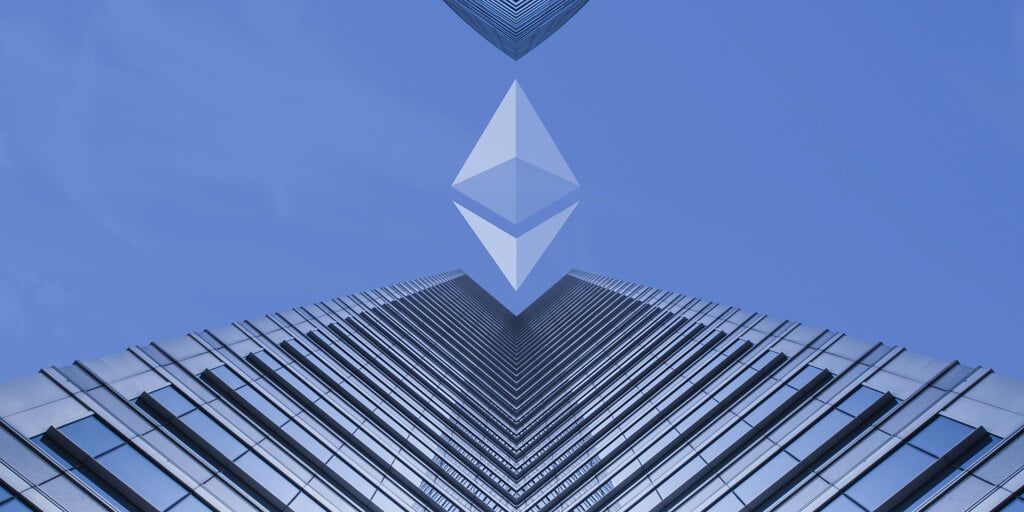The =nil; Foundation has appointed a new CEO to lead the layer-2’s initiatives to advance scaling technology on Ethereum—at a time in which such networks are seeing much more use in the ETH ecosystem.
Avi Zurlo will serve as CEO of the Foundation behind =nil; (aka Nil), furthering its mission to harness the power of zkSharding technology to improve transaction speed and throughput—aka the number of transactions processed per second—on Ethereum. His tenure began Monday.
“If you believe that Bitcoin could replace or be a meaningful competitor to gold or that stablecoins could continue to grow to reach multi-trillion-dollar market caps, [then] the existing blockchain infrastructure will fail,” Zurlo told Decrypt.
ZkSharding is a scaling technology that uses zero-knowledge (zk) tech to validate transactions across different layer-2 shards, or network fragments, prior to submitting those transactions to Ethereum‘s mainnet. The aim is to scale Ethereum in a horizontal manner, adding more nodes to the system rather than increasing its existing data-processing capabilities.
Zurlo is taking the layer-2 development foundation’s top office following a roughly yearlong stint as its chief product officer. Before joining the =nil; Foundation, he spent several years leading investments at crypto-native firms such as Delphi Digital and Jungle Startup Studio.
He told Decrypt that he sees this appointment as an opportunity to make zkProofs more accessible for developers on Ethereum. Currently, many scaling solutions focus on using rollup technology, which Zurlo said can make network transactions pricier.
“There’s this massive problem still with the state of blockchain design,” Zurlo said. “This is where nil came in, and this is where the zkSharding design was born.”
The Ethereum roadmap identifies scalability as a key issue on the network, as growing user activity has driven it to “certain capacity limitations.”
Ethereum’s mainnet can currently process between seven and 15 transactions per second. By comparison, global payments network Visa reports it processes more than 65,000 transactions per second, according to its website.
As a result, cheaper and faster scaling networks have started to take a much more prominent role in the Ethereum ecosystem, with chains like Arbitrum, Optimism, Polygon, and Base commanding sizable audiences in recent years.
“There is no problem [on Ethereum] larger than scalability,” Zurlo said. “I want to make sure that there’s enough fuel on this fire as possible.”
Edited by Andrew Hayward
Daily Debrief Newsletter
Start every day with the top news stories right now, plus original features, a podcast, videos and more.
Source: https://decrypt.co/288661/nil-foundation-ceo-ethereum-layer-2




